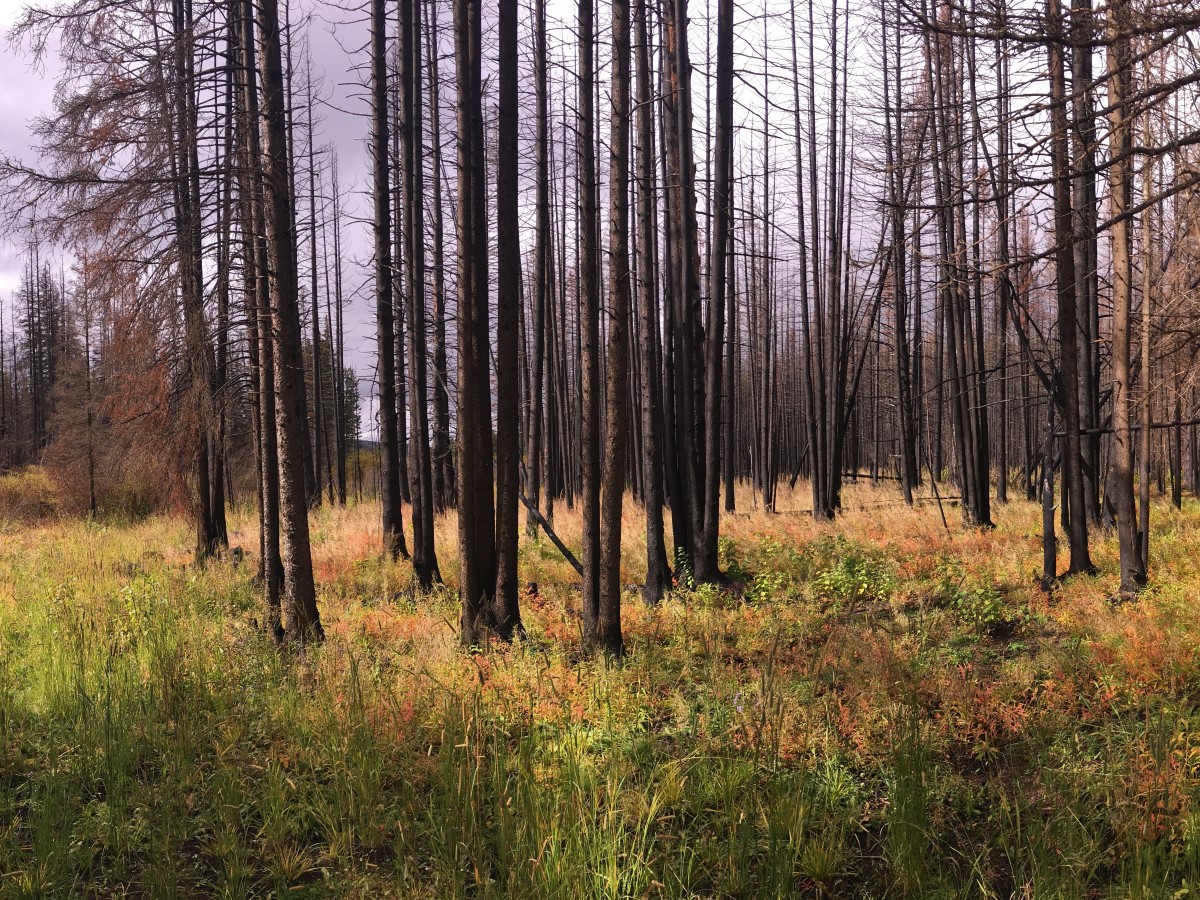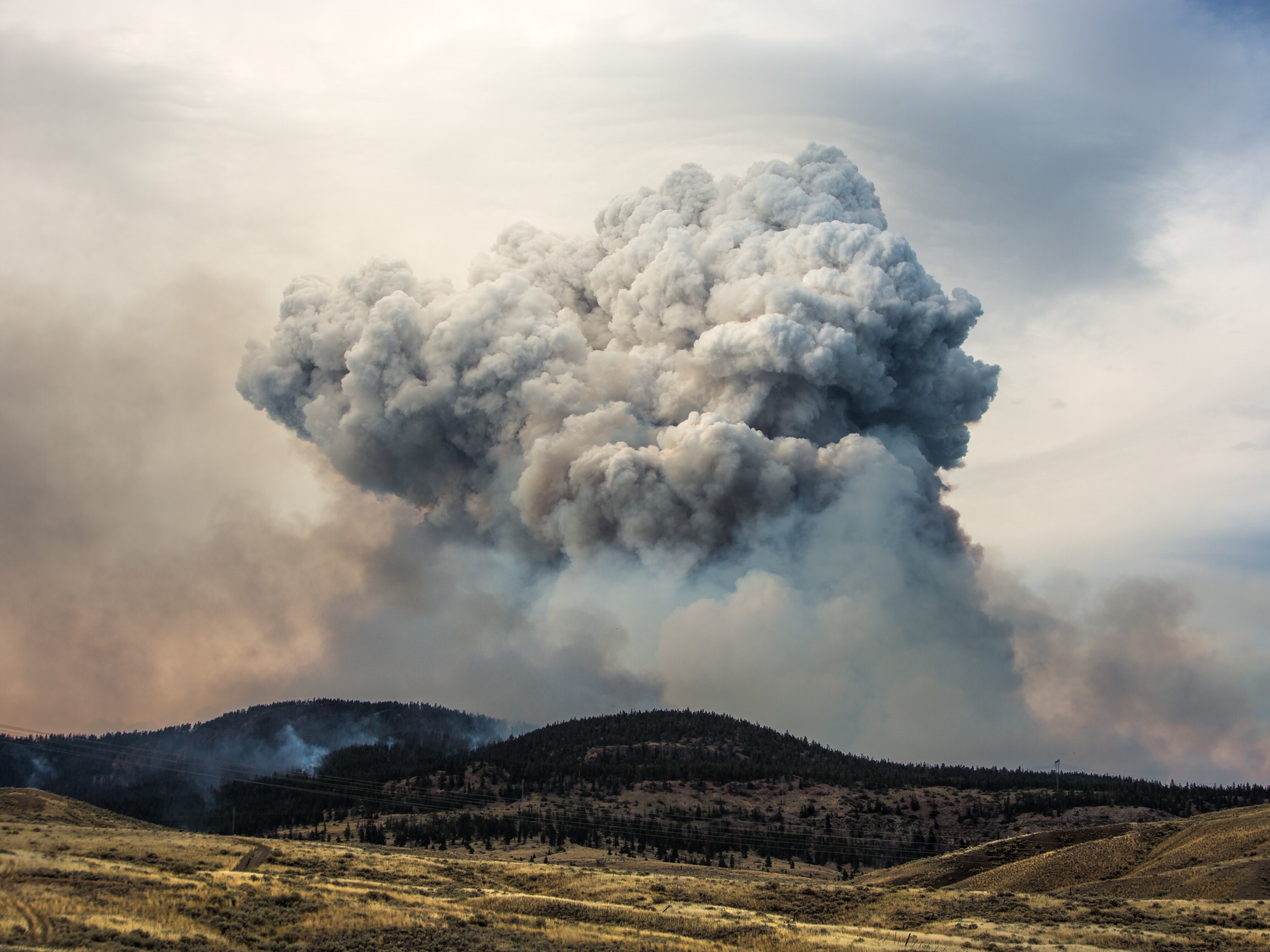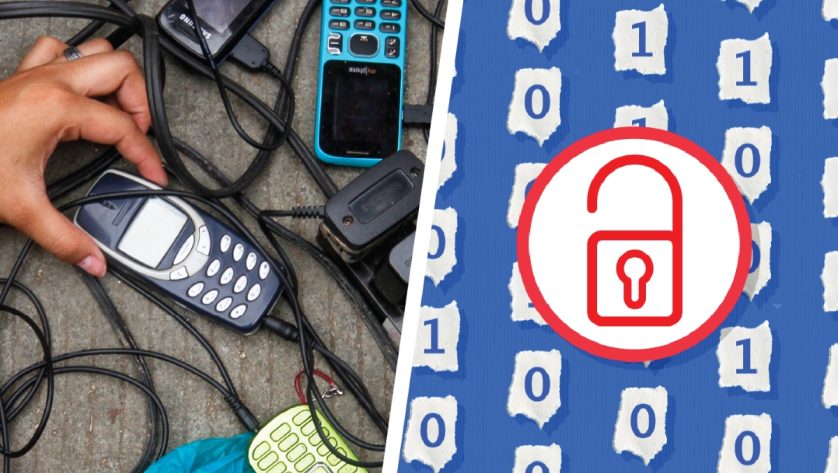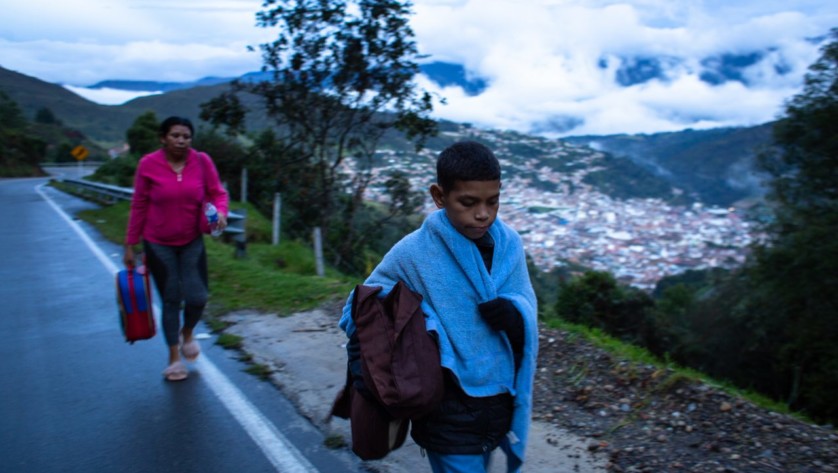Now, five years later, the magazine has decided to interview Mueller as part of the magazine’s last podcast series, which commemorates the magazine’s near 40 year history of storytelling. We talk to Mueller about producing the Wildfire Diaries and what she learned about local efforts to thrive culturally despite the challenges posed by climate change.
We also talk about her many international humanitarian missions, including her reporting for the magazine about the 2014-15 Ebola Virus Disease outbreak in West Africa and the many changes in humanitarian communications since she began with the Canadian Red Cross almost 20 years ago.
“The biggest change is clearly social media,” she says in the interview. “When I first went to Indonesia, [after the 2005 Tsunami], I was just getting into Facebook at the time. It was so new and there wasn’t that feeling of, ‘We have to be pushing stories out every every day, or a few times every day as is now in the case with Twitter [now X]. That immediacy wasn’t there.”
“Over time, social media has really become a key source of information. The information definitely more immediately and it’s available globally. The downside of that is that there’s a lot of misinformation, a lot of disinformation. And that continues to increase, and especially at the onset of an emergency response. It’s such a chaotic environment.”
Despite the revolution in communications, Mueller says there are some fundamentals that have not changed. “The thing that has stayed the same is the need to be able to be there on the ground to tell the stories,” she notes. “It’s vital that communications experts are there and that that they’re meeting with the people who have been impacted by the tsunami, the floods or the drought so they can get the story directly from them.”
Only in this way can humanitarian communicators be sure they are telling an accurate story, but also so the affected communities and the people who hope to support them can trust the stories they are being told, she says.
 Red Cross Red Crescent magazine
Red Cross Red Crescent magazine 








 Climate Change
Climate Change Volunteers
Volunteers Health
Health Migration
Migration